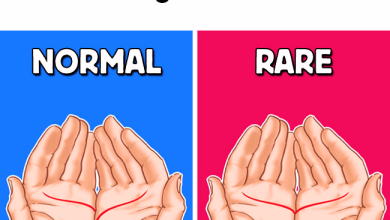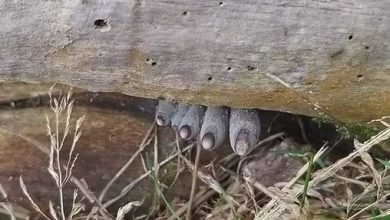By Donna Boyle Schwartz
Show of hands: Which one of you has just poured bacon grease right out of the pan down into the sink? Or dumped a pot’s worth of used coffee grounds down the drain? Now, consider this: What you dump today you might be drinking tomorrow. Save yourself the hassle and danger by adhering to this list of things that you should never—and we do mean never—dump down the kitchen sink.
Danger in the Drains
Although the drain in your kitchen sink might seem like a convenient place to dispose of household waste and garbage, it can’t handle everything you might want to drop into it. Here, we list some of the biggest down-the-drain offenses. Which are you guilty of committing?

Household Chemicals
Many toxic substances are in common household products, including paint, paint thinners, turpentine, solvent-based cleaners and polishes, lacquer, and even nail polish remover. Rather than disposing of these in the drain, bring leftovers to a community cleanup day, when many cities and towns accept toxic substances for proper disposal.

Pesticides and Fertilizers
The toxins in pesticides can wreak havoc on fragile ecosystems and cause severe health problems in humans if ingested. Similarly, the nitrates used in fertilizers can pose a significant health hazard. In infants, poisoning can cause blue baby syndrome, a potentially fatal condition that results when the blood cannot transport oxygen. Instead of dumping pesticides down the sink, contact your local solid waste agency to learn about proper disposal.

Used Motor Oil
The absolute biggest no-no of the bunch, used motor oil should never find its way down the a sink. One quart of it can contaminate one million gallons of drinking water, according to the EPA. Used motor oil—as well as other automotive products including brake fluid, antifreeze, and engine degreaser—should be taken to a service station or recycling center for disposal.

Medications
Many of us are guilty of having a collection of cold medicine, vitamins, and old prescriptions in the back of the medicine cabinet. When these expire, don’t dump them down the sink or in the toilet. Studies have found everything from antibiotics to birth control medications in drinking water supplies. Many local pharmacies have take-back programs. Alternatively, you can mix medications into kitty litter or coffee grounds and throw them in the trash.

Pet Waste
Most municipalities classify animal waste as raw or untreated sewage, because it often contains parasites and microorganisms that can be harmful to humans and other animals. Pet waste should be disposed of in the regular garbage—not down a sink’s drain.







